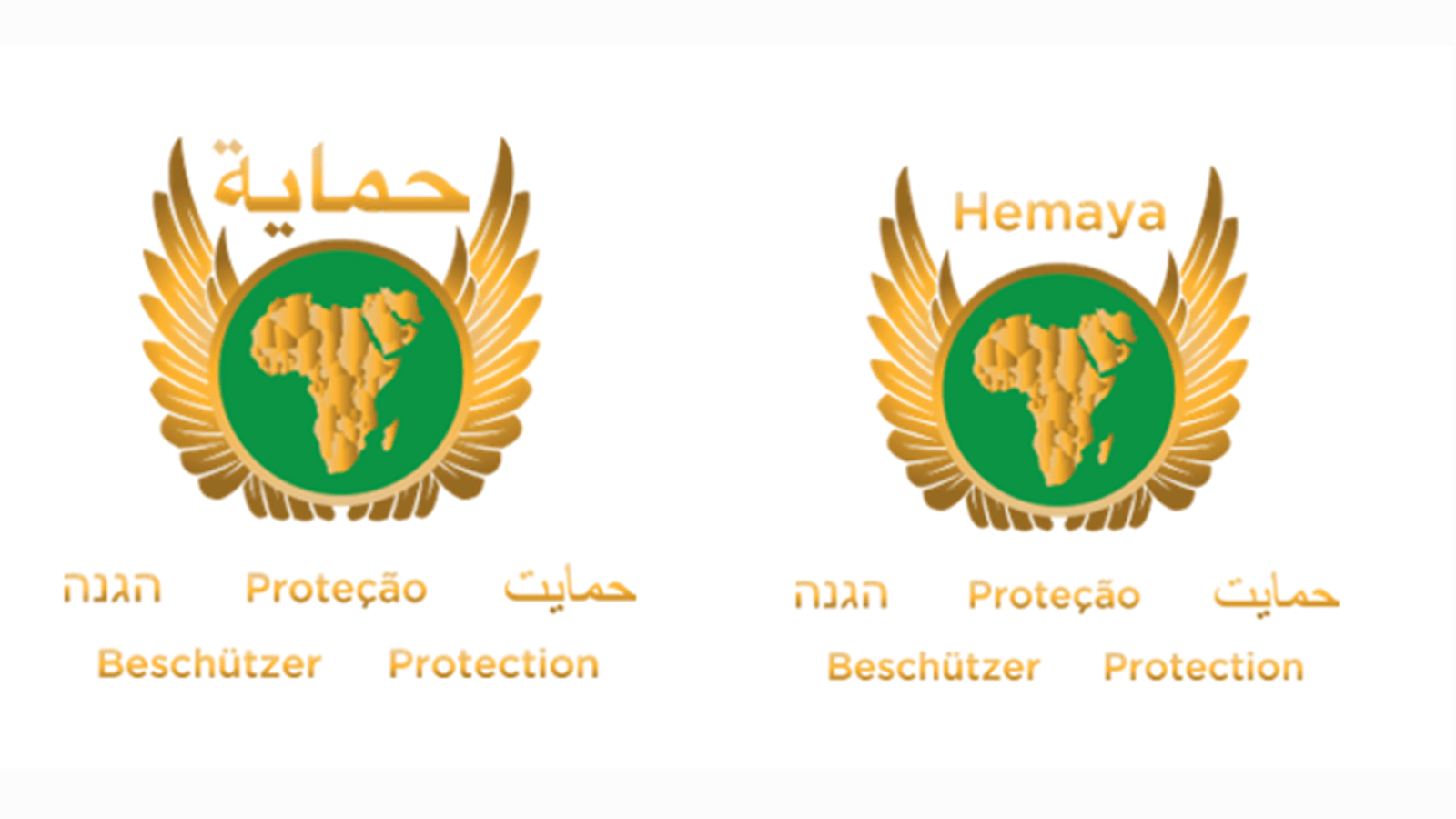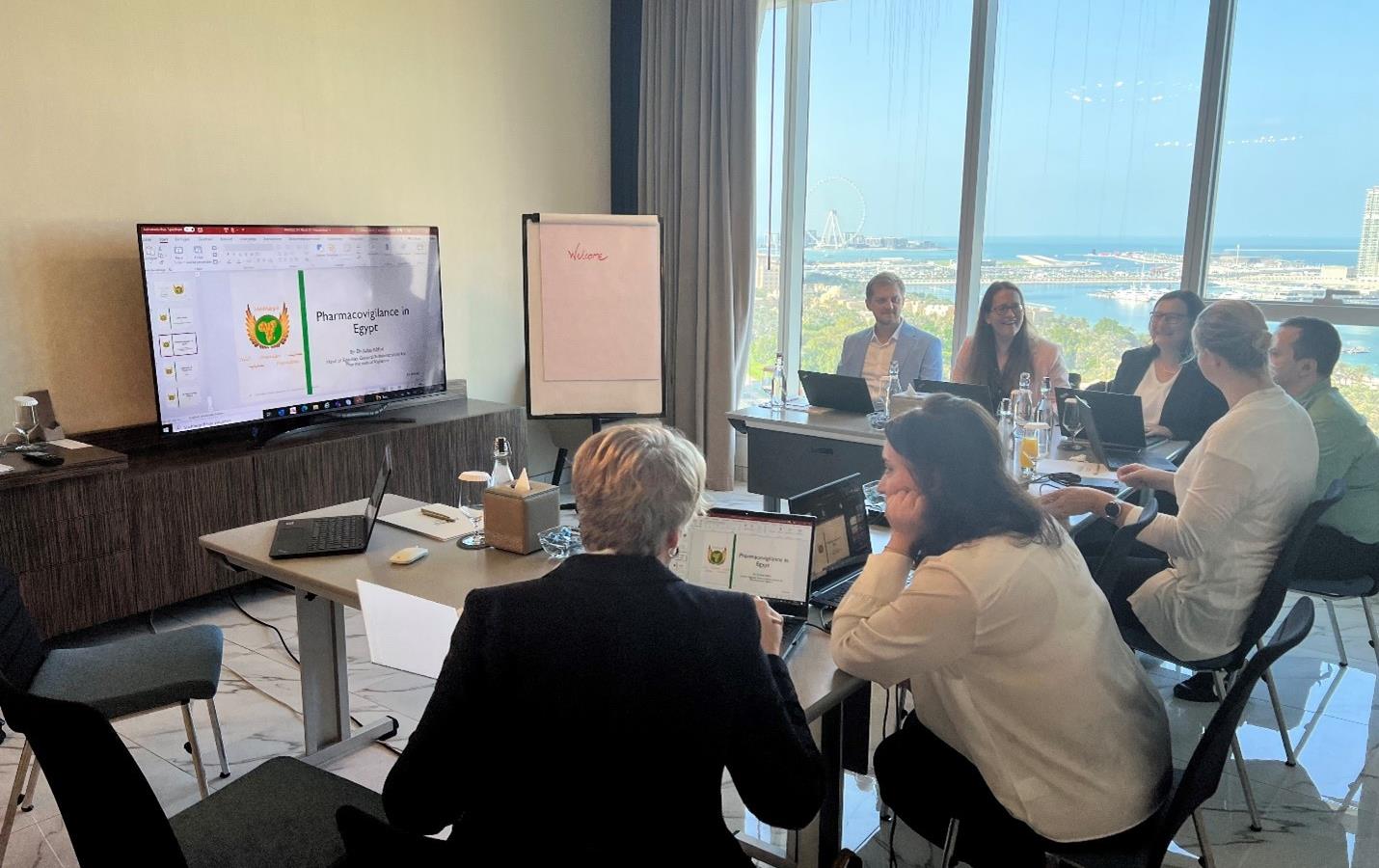When CSL Behring launched a pharmacovigilance training session for distributors in the Middle East and Africa (MEA), the biotech company gave it the name “Hemaya.” It’s the Arabic word for “protection.”
That’s what pharmacovigilance is, at its core, a professional discipline described by the World Health Organization (WHO) as the “science and activities relating to the detection, assessment, understanding and prevention of adverse effects or any other medicine/vaccine related problem.”
While medicines go through a rigorous testing and approval process, the number of people enrolled in a clinical trial is often small compared to the population that could receive a particular medicine or treatment. Companies that develop and manufacture medicines have a high level of responsibility for receiving complaints and investigating reports of any unexpected health problems or symptoms that could be related to a medicine or treatment, known as “adverse events.” Manufacturers also must report such incidents to regulatory agencies.
CSL created Pharmacovigilance Awareness Project Hemaya to demonstrate its commitment to protecting public health and improving the lives of patients with rare and serious diseases, said Simone Lorenz-Asmus, who is a CSL leader in Global Clinical Safety & Pharmacovigilance.
This year’s meeting was held in Dubai and the company plans to offer the Hemaya session on a regular basis.
“Hemaya became a valuable platform where we listen and learn from each other about the best practices on how local pharmacovigilance requirements can be implemented,” said Lorenz-Asmus, who is CSL’s Head of PV Regions for Europe & Eastern & Central Intercontinental in Global Clinical Safety & Pharmacovigilance. “We had the opportunity to discuss and exchange thoughts and ideas, strengthen our relationships and network and enhance the necessary close collaboration for the future.”
At the Dubai meeting, the group reviewed expectations from local health authorities, possible upcoming pharmacovigilance changes in each country and set global compliance expectations. Dr. Aalaa Afdhal, the Head of Pharmacovigilance of the Egyptian Health Authority, discussed Egypt’s requirements and regulations and shared expectations on implementation. Other presentations covered audit and inspection readiness and local archiving of relevant documents for better tracing and accountability.
According to research published in the journal Drug Safety, some countries in the Middle East and Africa are advanced in their adoption of pharmacovigilance practices, while others are still developing these practices, which also protect patients by guarding against counterfeit products.
“Countries such as Morocco, Tunisia, Saudi Arabia, Egypt, and Jordan are considered to be advanced pharmacovigilance countries,” the 2019 article said.




